Tesla’s massive recall is a big deal for Washington – home to a whopping 150,000 electric vehicles (EVs), with Tesla leading the pack. In fact, in King County, Tesla’s the go-to EV. This isn’t just a local issue; it’s huge, affecting nearly 2 million Teslas across the U.S. The heart of the recall? A critical software update for the Autopilot system in models Y, S, 3, and X. Why? Safety first. The National Highway Traffic Safety Administration found the system wasn’t up to snuff in keeping drivers alert. Now, Tesla is stepping up with more warnings to keep eyes on the road. This recall isn’t out of the blue – it’s the result of a two-year deep dive into some serious crashes, some fatal.
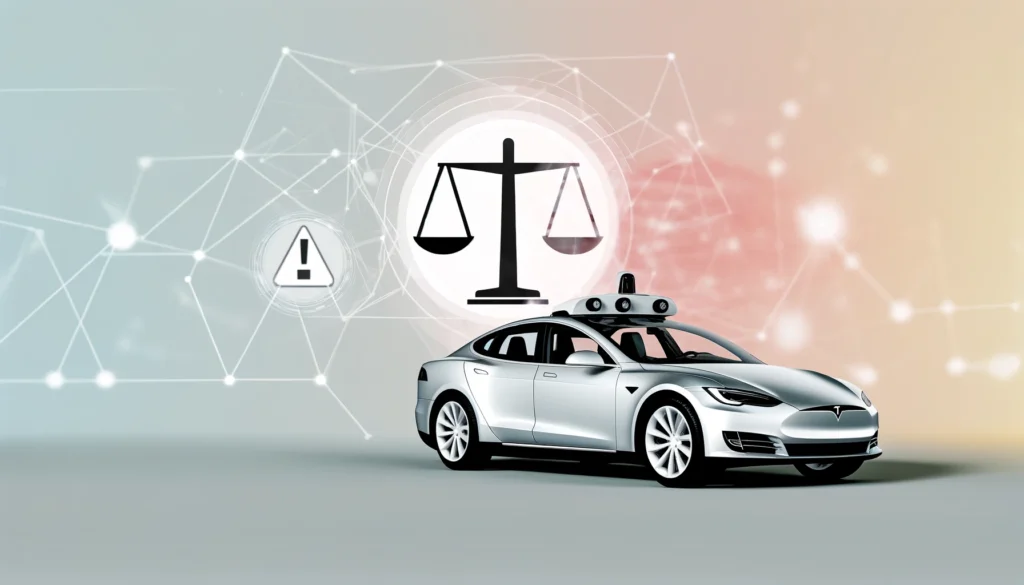
Legal Perspectives on Autopilot and Liability
Why Tesla is Recalling 2 Million Vehicles?
Tesla’s taking action, recalling over 2 million U.S. vehicles. It’s all about the Autopilot system. The issue? The Autosteer feature isn’t keeping drivers from misusing Autopilot, leading to accidents. After a federal safety probe, Tesla’s rolling out a fix: a software update. This update is key—ramping up driver warnings and keeping a closer eye on their attention.
Legal Liability of ADAS
It’s a legal maze regarding who’s to blame in crashes with cars rocking Advanced Driver Assistance Systems (ADAS) like Tesla’s Autopilot. Here’s a breakdown:
- Manufacturer’s Responsibility: The carmaker might be on the hook if a glitch in the ADAS leads to a crash.
- Driver’s Role: Wait, the driver isn’t off the hook. Mess with the ADAS or do not perform car maintenance? That could swing the liability back to the driver.
- Lawyer Opinions: Some law professionals think the makers of these smart cars should always bear the blame for crashes.
- Evolving Tech and Laws: As tech advances and laws play catch-up, figuring out who’s at fault in autonomous vehicle accidents is still a head-scratcher.
In short, when driverless tech and accidents mix, the question of who’s liable is anything but straightforward.
Has a Vehicle’s ADAS Found to Be Liable for a Car Accident?
The short answer is no. A vehicle manufacturer has not been found liable for defects in their ADAS (Advanced Driver Assistance Systems). Right now, there’s no clear-cut legal rulebook for these high-tech rides. When it comes to fully autonomous vehicles, the spotlight usually swings to the manufacturer.
But, when ADAS is part of the accident equation, things get even more tangled. We’re in a world where laws and regulations are still playing catch-up with the tech. So, as it stands, nailing down who’s at fault in these next-gen car crashes remains a legal work in progress.
How Are Vehicle Manufacturers Determined to Be at Fault?
The manufacturer might find themselves in hot water when a car accident stems from a vehicle defect. They’re held to strict liability, meaning they’re responsible if their vehicle caused the crash, no questions asked about negligence. This liability could be due to a one-off production error, a broader manufacturing issue, or a design flaw. The legal standards for car manufacturers are sky-high. They carry a serious obligation to ensure the vehicles they send out into the world are safe and sound. If a defect in the car leads to an accident, the manufacturer could very well be the one answering for it.
Case Study: The California Verdict
In a high-stakes 2019 court case in California, Tesla dodged a legal bullet over its Autopilot system. The crash in question? It involved a Model 3, driven by Micah Lee, that veered off the road, hit a palm tree, and erupted in flames. The jury’s take? Human error, not Autopilot, was the culprit.
Despite a whopping $400 million in damages claimed by the survivors, accusing Tesla of pushing a faulty Autopilot, the jury wasn’t swayed. They stuck to the narrative that the driver, not the tech, was at fault. This verdict is more than just a win for Tesla; it’s a benchmark as the company navigates the tricky waters of rolling out its Autopilot and the even more advanced Full Self-Driving tech, both under the microscope of regulators and lawyers.
Understanding Tesla’s Autopilot
What is Tesla’s Autopilot?
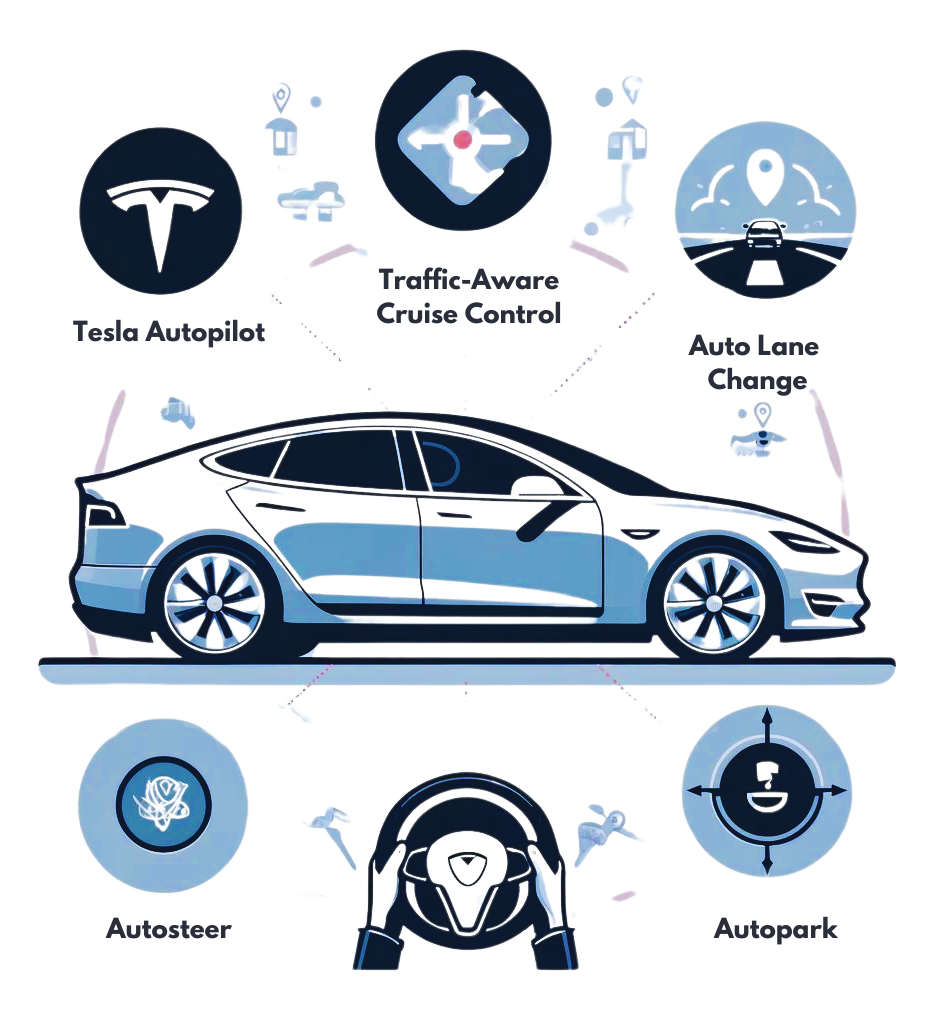
Tesla’s Autopilot is a bundle of advanced driving assistance software (ADAS) to make your drive safer and more relaxed. Available in all-new Teslas, this system’s design is about reducing your driving load as long as you use it right. Here’s what’s in the Autopilot toolbox:
- Traffic-Aware Cruise Control: This feature adjusts your speed to match the traffic around you.
- Autosteer: Helps you steer within your lane and work hand-in-hand with traffic-aware cruise control.
- Auto Lane Change: Signal and Tesla’s Autopilot shifts you to the next lane, provided you’re using Autosteer.
- Navigate on Autopilot: From on-ramp to off-ramp, this feature is your highway guide, suggesting and even making lane changes for you.
But here’s the kicker: Autopilot doesn’t mean hands-off. You’re still the boss. You must stay alert, hands on the wheel, ready to take over anytime. It’s about assistance, not replacing you. The system’s eyes are all around – cameras and vision processing watching for cars, people, and those tricky road markings.
But what has been confusing for most consumers is Tesla’s stated goal of self-driving cars. Combine that with the name of the program “Autopilot,” and it is easy to see why many consumers assume these ADAS features are self-driving. This played a significant role in Tesla’s recall.
How Safe are Tesla’s Cars?
Tesla’s safety numbers speak for themselves: from 2012 to 2021, roughly one fire per 210 million miles traveled in a Tesla. To put that in perspective, it’s a rare event.
In terms of safety ratings, Tesla vehicles are standing out. They’ve scored impressively low in the overall probability of injury in government tests, like the ones run by the New Car Assessment Program. But it’s not just about low injury rates. Compared to traditional gas-powered cars, Teslas have shown a 50% lower likelihood of being in accidents, according to data from the NHTSA and IIHS.
However, it’s important to remember no car is accident-proof. Tesla’s approach includes packing their vehicles with active safety features as a standard, especially in models made after September 2014. This commitment to safety is evident in the data, suggesting Tesla cars are indeed among the safer options on the road today, but they’re not infallible. Safety in driving still relies heavily on the driver, regardless of the car’s capabilities.
How Safe is Tesla’s Autopilot Program?
There have been a lot of talks about Tesla’s safety and the safety of its AutoPilot software. To cut through the noise, let’s look at statistics:
- Safety Stats: In Q4 2022, just one crash per 4.85 million miles with Autopilot on.
- Tesla’s Safety Mix: They’re all about combining passive, active safety, and driver assistance features to up the safety game.
But it’s not all smooth sailing. Experts are raising eyebrows over how Autopilot’s marketed. They’re worried it might make drivers too comfy, thinking the car’s got it all handled. Plus, comparing its safety to other brands? The data’s not all there yet.
Enter the NHTSA. They’ve been digging deep into Tesla’s driver help systems, including Autopilot. This investigation? It’s almost at the finish line.
Sure, some drivers swear by Autopilot’s safety, as long as it’s used right. But there’s a flip side: concerns about its risks and the need for more tweaks and improvements to keep it top-notch.
Conclusion
As we navigate the complex and evolving landscape of vehicle technology and its legal implications, it’s clear that understanding liability in accidents involving advanced systems like Tesla’s Autopilot is more crucial than ever. Whether you’re a Tesla owner, a tech enthusiast, or someone affected by a vehicle-related incident, staying informed and prepared is key.
If you need legal guidance or have questions about how these technologies might impact your situation, don’t hesitate to reach out. Premier Law Group, with offices in Seattle, Bellevue, Federal Way, and Renton, Washington, is well-equipped to provide expert advice and support. For personalized assistance and to explore your legal options, visit Premier Law Group’s contact page or call them directly at +1 (206) 285-1743. Navigating the legalities of advanced driving technology doesn’t have to be a journey you take alone. Let Premier Law Group be your guide.
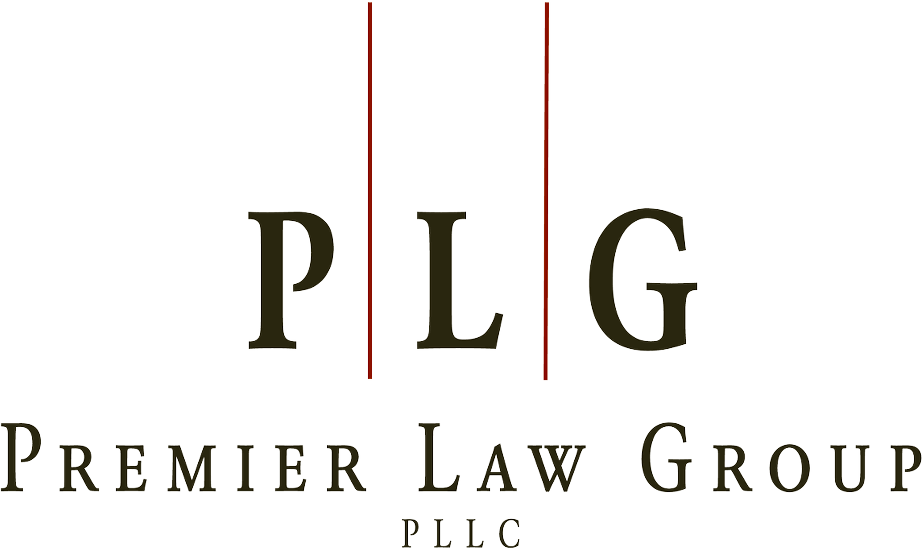



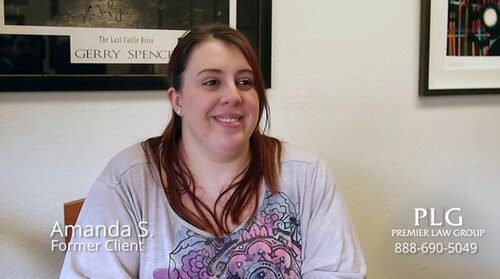
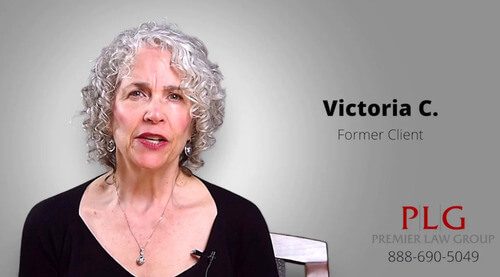
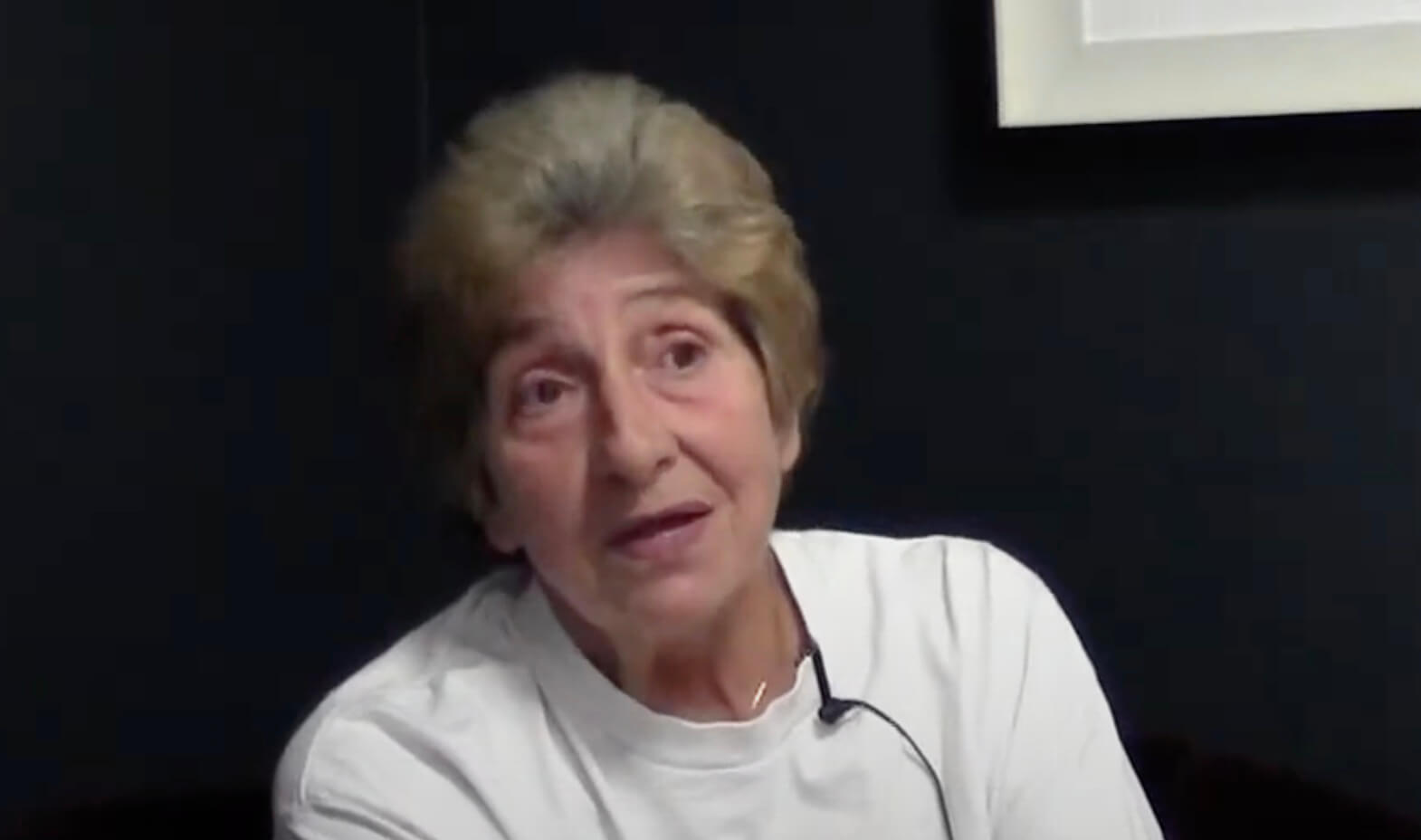
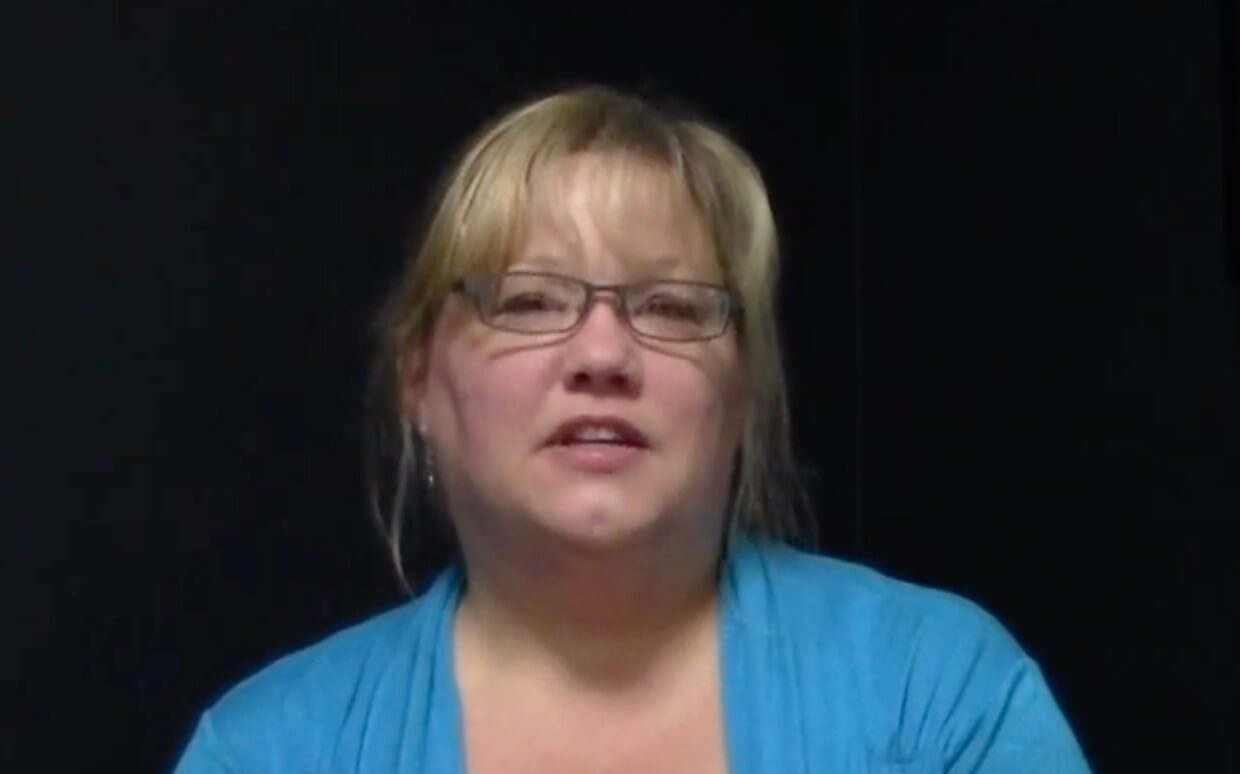
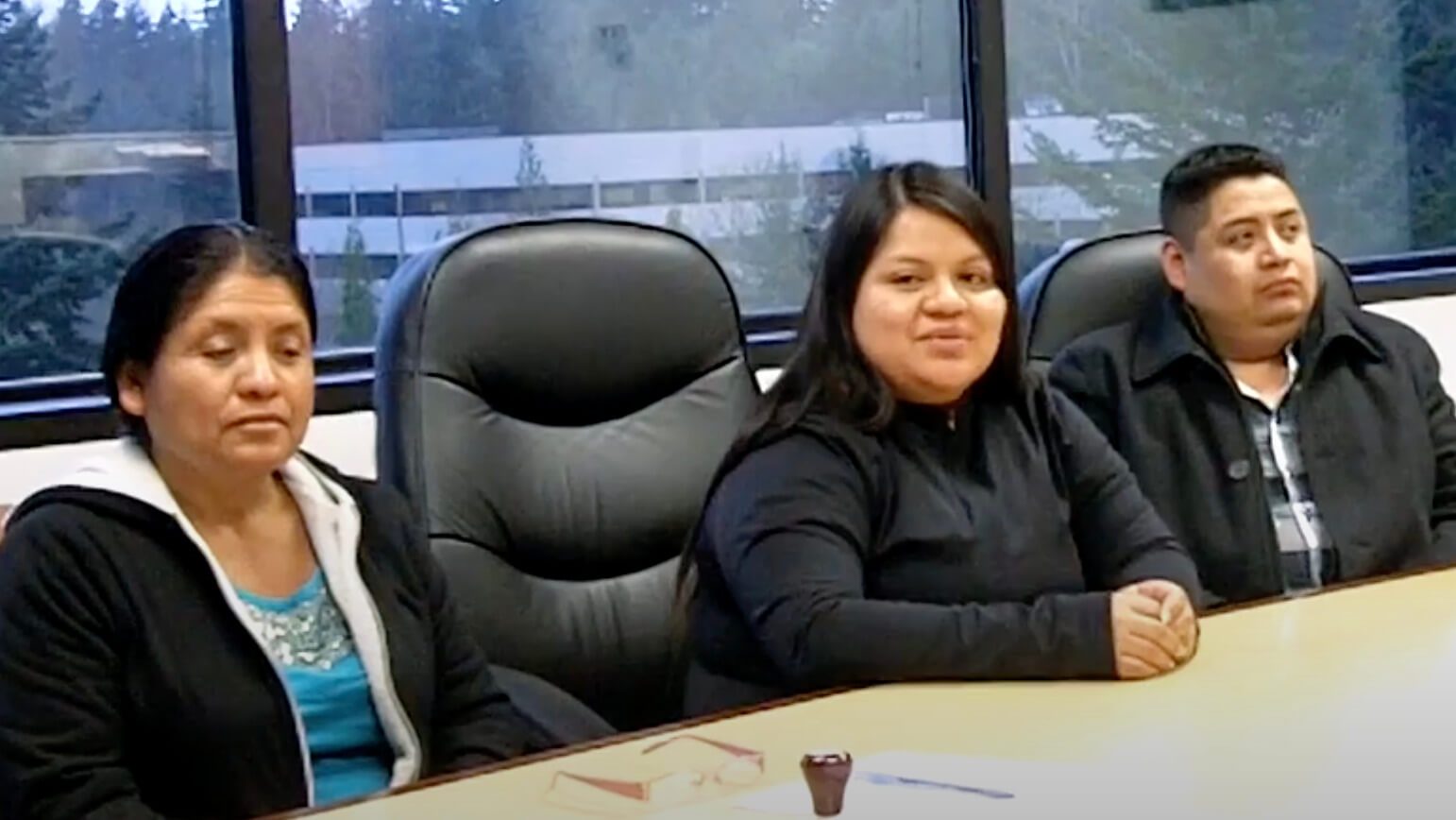

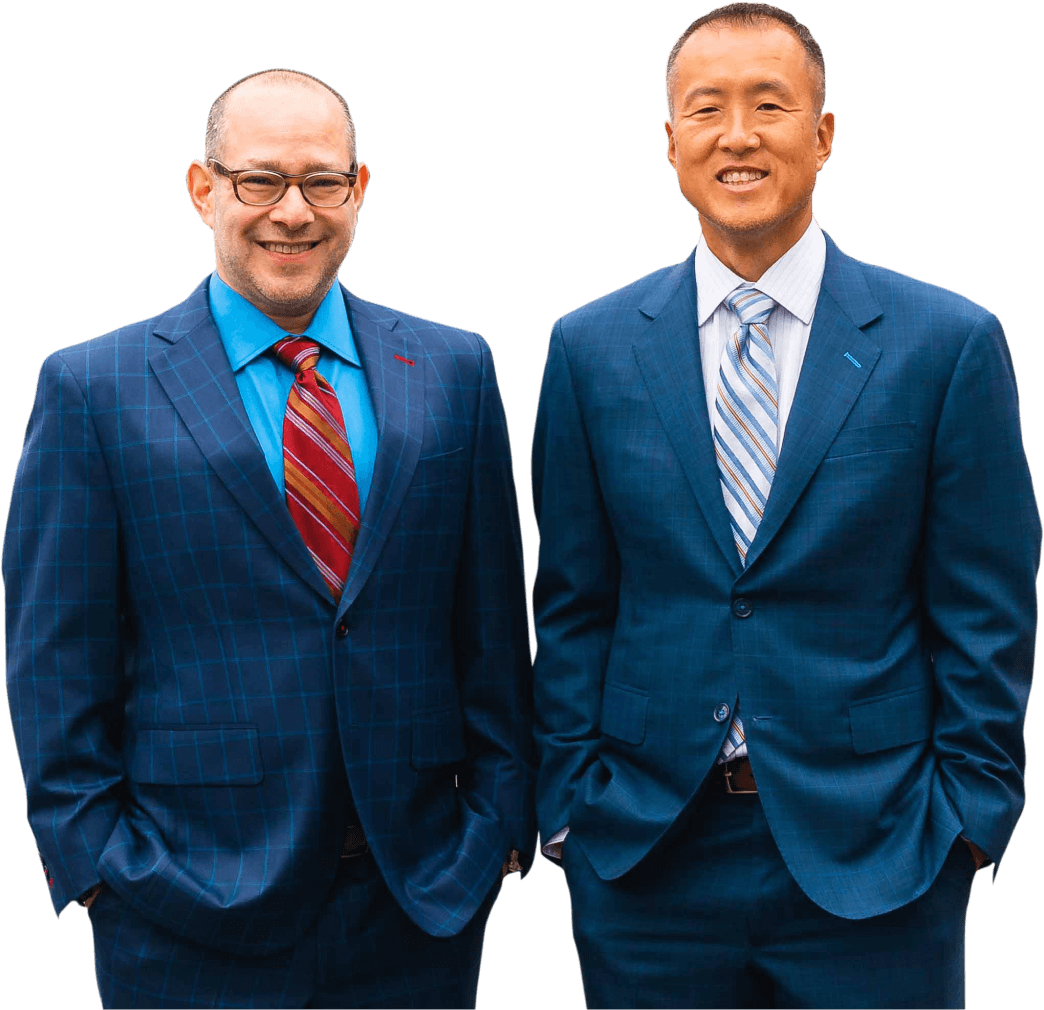
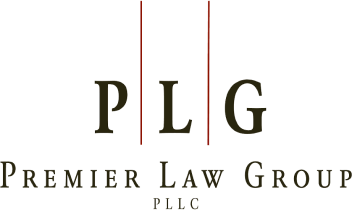
Jason at premier law group is truly an outstanding individual. Our particular case was not something that their firm usually sees but they were more than willing to help us and give us all of the information they had available. I can't recommend them enough.